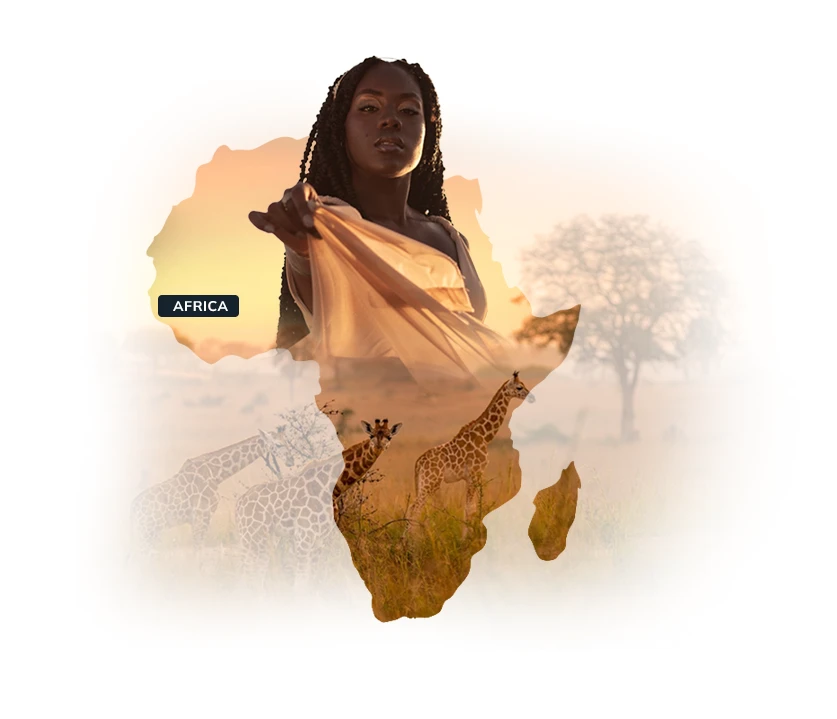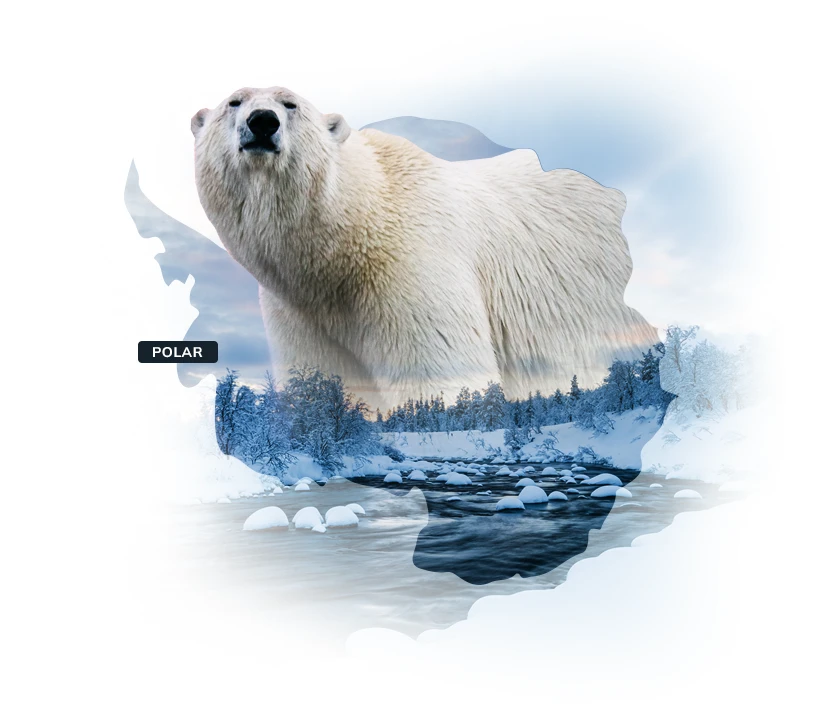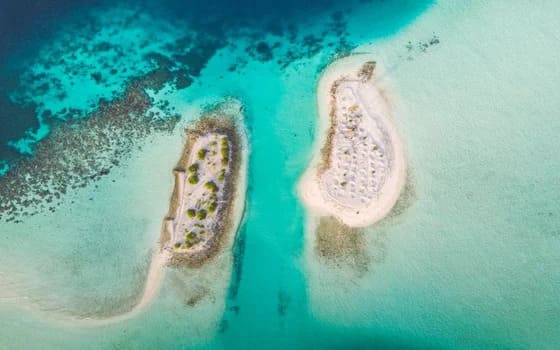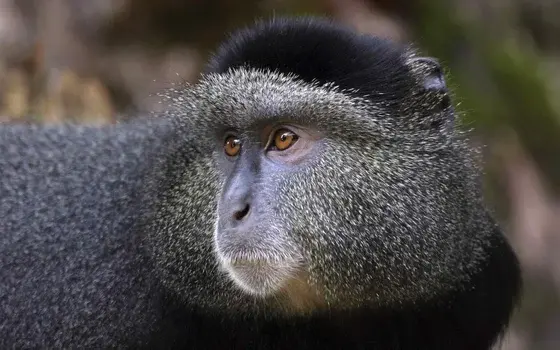How to steer clear of greenwashing when you book your next holiday
The whole world seems to be more and more aware of humanity’s impact on the planet. In their annual report, the UN Environmental Program declared 2021 “a year in which environmental issues reached an unprecedented prominence on the global stage,” and environmental groups began to shout even louder about the triple threat our planet faces; climate change, nature and biodiversity loss and pollution and waste.
Travel companies around the globe are stepping up and looking for ways to lessen their impact, and so are travellers; a report from Mintel says that up to 75% of travellers are now picking holidays based on environmental impact and greenwashing is a primary concern. So, what is greenwashing? And how can you spot greenwashing when you're booking your holiday and travelling?
What is Greenwashing?
Business Daily defines greenwashing as “when a company purports to be environmentally conscious for marketing purposes but actually isn’t making any notable sustainability efforts.” The website also reports that, because of greenwashing, most American consumers are distrustful of the products they buy and services they pay for that use green marketing.
How to spot greenwashing in the travel industry
Greenwashing in the travel industry can often be harder to spot so a lot of the time it’s the responsibility of the traveller to ask the right questions and do their research. A good place to start is by looking at the chosen company’s ethos and, when you are presented with an itinerary, researching some of the recommended lodges and services on your proposal to better understand their ethos. For example, if a company is claiming to use all eco-friendly accommodations and services, it's important they do just that.

How do the chosen lodges and service providers on your holiday empower local communities?
The Bigger Picture
Unfortunately, when it comes to the travel industry, there are undeniably elements of international travel that are inescapably (for now at least) environmentally detrimental. For example CO2 emissions and vapour trails from international flights are responsible for around 5% of global warning. But does this mean we should never travel? And if we all stopped traveling what would happen to the national parks, wildlife conservation areas and communities that are heavily, and sometimes exclusively reliant on tourism? Does sustainable tourism even exist? This was a great question posed by Wayfairer Luxury Travel Specialist Alice, who is a sustainability specialist. Read her response here.

Matusadona National Park in Zimbabwe is rebounding after years of neglect with thanks to tourism
All travel companies, including Wayfairer, need to be careful with wording when selling their holidays so as not to stand accused of greenwashing. Whilst we never have and never will make the claim to be 100% environmentally friendly, at Wayfairer we understand our responsibility towards maintaining the delicate balance between the negative and positive impacts of our client’s holidays and we help them make informed decisions that offset the negative aspects of travel by protecting and uplifting the communities, economies, and natural environment of the destinations that they visit on their travels.
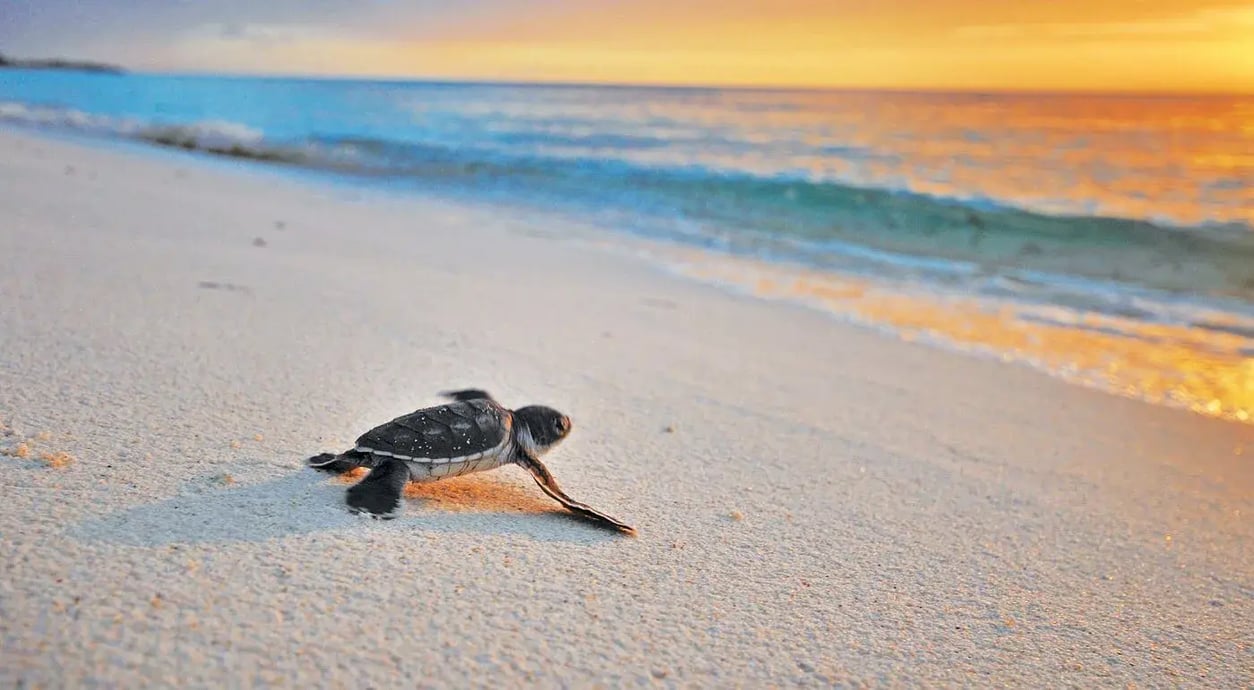
The Island Conservation Society uses tourist income to monitor and protect endangered marine species in the Seychelles
5 Ways to lessen your impact when your travel
- Slow travel: travel less, but for longer. This way, not only will you get to know the people and the environment better but you’ll do a great service to yourself in slowing down and taking a breath to escape the busyness of our rushed modern world.
- Research where you are going and where you are staying to ensure that the destinations you visit are supporting local communities and environmental programs.
- Ask questions. Our Luxury Travel Specialists are conservation-focussed people. We love nothing more than to tell you all about the positive impact of your holiday and to suggest how you can further reduce your footprint or make a more positive impact.
- Prioritize destinations that are dependant on tourism. National parks, conservancies, and remote communities are often heavily reliant on tourist income to stay operational and create safe spaces for thriving ecosystems and endangered wildlife.
- Tell your story. Social media has created an incredible platform to share stories of places that are doing amazing work to save species, protect environments, educate and empower communities and more. When you tell your friends about your holiday you just might inspire them to make a donation in support of a local project or take a slow, positive-impact holiday themselves.
It takes posing these considerations to our clients and taking time to get on the ground in the destinations we promote to really understand our impact. And it’s Wayfairer’s open, honest and grounded approach to travel and the impact of travel that helps us steer clear of greenwashing.
Get in touch and let's work together on planning your next positive-impact holiday.
Sources
https://www.unep.org/annualreport/2021/index.php
https://www.businessnewsdaily.com/10946-greenwashing.html


